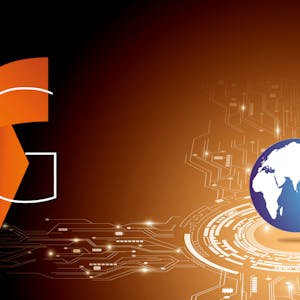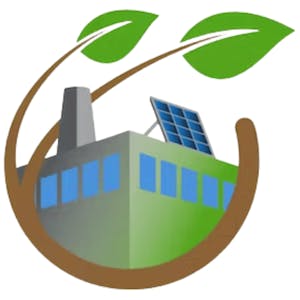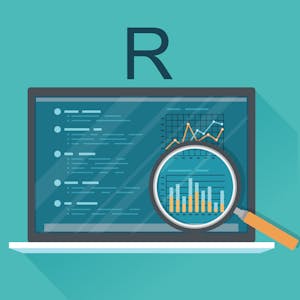Geographical Information Systems - Part 2
About this Course
This course is the second part of a course dedicated to the theoretical and practical bases of Geographic Information Systems (GIS). It offers an introduction to GIS that does not require prior computer skills. It gives the opportunity to quickly acquire the basics that allow you to create spatial databases and produce geographic maps. This is a practical course that relies on the use of free Open Source software (QGIS, Geoda). In the first part of the course (Geographical Information Systems - Part 1), you explored the basics of land digitization and geodata storage. In particular, you learned how to: - Characterize spatial objects and phenomena (spatial modeling) from the point of view of their positioning in space (coordinate systems and projections, spatial relationships) and according to their intrinsic nature (object or vector mode vs. image or raster mode); - Use various data acquisition methods (direct measurement, georeferencing of images, digitization, existing data source, etc.); - Use various geodata storage methods (simple files and relational databases); - Use data modeling tools to describe and implement a database; - Create queries in a query language and data manipulation. The second part of the course deals with spatial analysis methods and georeferenced information representation techniques. In particular, you will learn how to: - Analyze the spatial properties of discrete variables, for example by quantifying spatial autocorrelation; - Work with continuous variables (sampling, interpolation and construction of isolines) - Use digital elevation models (DEMs) and their derivatives (slope, orientation, etc.); - Use geodata superposition techniques; - Produce cartographic documents according to the rules of the semiology of graphics; - Explore other forms of spatial representation (interactive cartography on the internet, 3D representations, and augmented reality). The page provides an interactive forum for participants in this course.Created by: École Polytechnique Fédérale de Lausanne

Related Online Courses
About the course\\n\\nThis specialization is for anyone who would like to improve how their company or organization impacts the environment, people and communities. We will introduce you to some of... more
This Specialization serves as an introduction to Business English, where you will learn to communicate about topics such as management, finance and marketing. You will also write proposals,... more
This course tackles the barriers and challenges that hinder the adoption of Environmental, Social, and Governance (ESG) practices. Learners will explore organizational roadblocks, personal... more
The R programming language is purpose-built for data analysis. R is the key that opens the door between the problems that you want to solve with data and the answers you need to meet your... more
This course helps to build the foundational material to use mathematics as a tool to model, understand, and interpret the world around us. This is done through studying functions, their properties,... more








